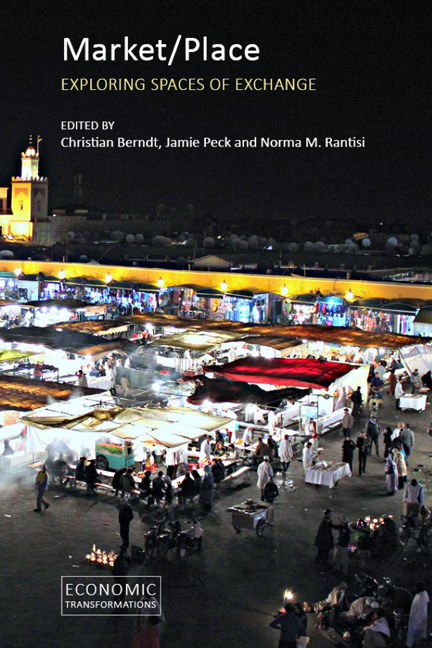13 - Towards an ethnography of the national economy
Published online by Cambridge University Press: 23 December 2023
Summary
Each year the International Monetary Fund (IMF) releases a list of the “World's Best Economies”. Winners in 2013 included South Sudan, the world's fastest-growing economy, and Equatorial Guinea, the economy with the most investment. If Equatorial Guinea and South Sudan are among our world's “best” economies, it begs the question: what is a national economy? What does it measure, value or represent? What does it do? Further, what is the relationship between “the” economy and “the” market? What might it yield to hold these apart as overlapping but not identical objects of inquiry? The wager in this chapter is that we can think more rigorously and capaciously about markets – their scalar relationality, the ways that they are constituted by state and corporate power (across national borders, but most often in ways that revivify those borders) – if we devote equal analytic attention to “the” economy. Perhaps most significantly, we must pay attention to the “the” – that most prosaic and routine of definite articles, which, if used without scalar specification, rhetorically makes “the” economy into a geopolitical object whose tacit limit is the nation (Mitchell 2002) but, arguably, does different work when introducing “the” market.
Equatorial Guinea offers a particularly useful starting point. Companies based in the United States discovered lucrative oil and gas deposits in this impoverished micro-state in the middle of the 1990s, and the country is now a significant production site in the world's most lucrative – and, arguably, most global – market. And, in Equatorial Guinea as elsewhere, the economy is a privileged object – perhaps the privileged object – in official discourse. State actors and multilateral institutions articulate futures in its terms – development, diversification, growth. In 1983 UN rapporteur Fernando Volio Jimenez reported from Equatorial Guinea that “one official after another all the way up to [the president] himself” justified limitations on the press (there was none) and on political participation (political parties were banned) “as being necessary for the focusing of attention on economic issues” (Fegley 1991: 220).
- Type
- Chapter
- Information
- Market/PlaceExploring Spaces of Exchange, pp. 233 - 248Publisher: Agenda PublishingPrint publication year: 2020



